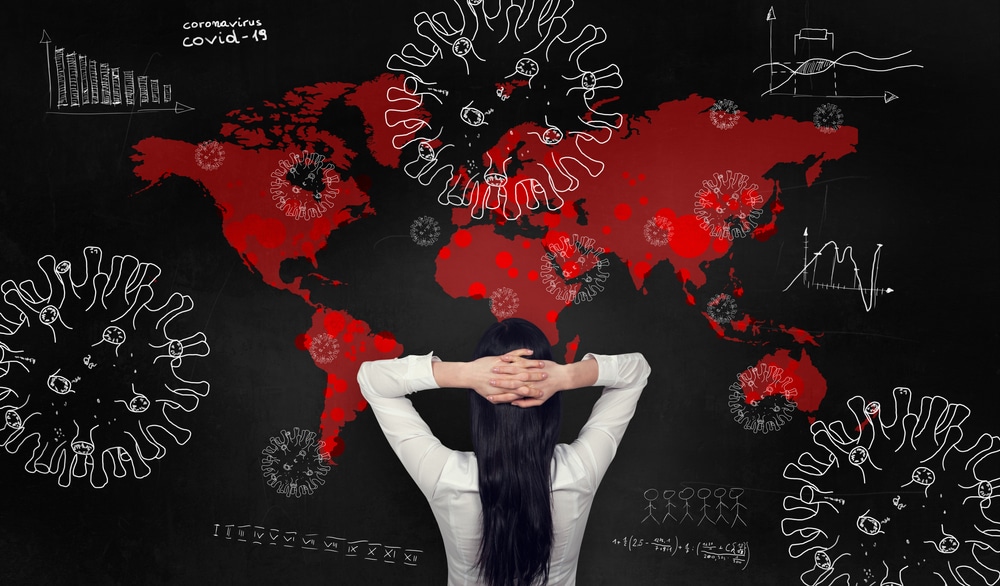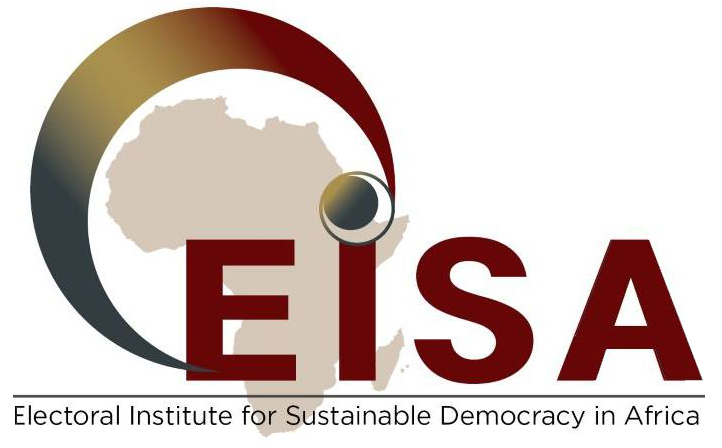The second report of GPMB, stating that “COVID-19 has taken advantage of a world in disorder,” the pandemic is “far from over,” the “lack of leadership is exacerbating the pandemic,” and “it is well past time to act.” Describes six Lessons Learned from COVID-19 and five Urgent Actions to strengthen the current response.
In the Foreword, Co-Chairs Gro Harlem Brundtland (Former Prime Minister of Norway and Director of WHO) and Elhadj As Sy (Former Secretary-General, International Federation of Red Cross and Red Crescent Societies), assert that “the COVID-19 pandemic has revealed a collective failure to take pandemic prevention, preparedness, and response seriously and prioritize it accordingly.” It has exacerbated the fissures within societies and among nations. It has exploited inequalities, underscoring that “there is no health security without social security.” Many developments and innovations that have improved and prolonged lives worldwide have also created vulnerability to fast-moving infectious disease outbreaks, and disoriented the climate. Pathogens thrive in disruption and disorder, and COVID-19 has proven the point. The devastating economic and social impact of COVID-19 “reminds us, yet again, of the centrality of investment in pandemic preparedness to human security, and the need to reconsider how national security budgets are spent.” For too long, we have allowed a cycle of panic and neglect when it comes to pandemics.
Lessons Learned from COVID-19:
- Political leadership makes the difference (effective leaders act decisively on the basis of science and best practice, and in the interests of people);
- Preparedness is not only what governments do to protect their people; it is also what people do to protect each other in the absence of an effective vaccine or treatment (citizens should demonstrate social and moral responsibility by acting in the best interests of all);
- The impact of pandemics goes far beyond immediate health effects, especially for the vulnerable and disadvantaged;
- Current measures of preparedness have not predicted the effectiveness of response;
- The return on investment for global health security is immense. Spending for prevention is measured in billions; the cost is in trillions. “It would take 500 years to spend as much on investing in preparedness as the world is losing to COVID-19” (over US$11 trillion and counting to fund the response, with future loss of $10 trillion in earnings);
- No one is safe until all are safe (a pandemic is a global event demanding collective global action; “the world of pandemic preparedness is already complex; it needs consolidation, not further fragmentation”).
Recommended Urgent Actions :
- Responsible Leadership: national leaders should ensure social protection and promote national unity and global solidarity, appoint a national high-level coordinator to lead whole-of-government and whole-of-society approaches, and ensure that vaccines are fairly allocated;
- Engaged Citizenship: every individual takes responsibility for seeking accurate information and adopting health-promoting behaviors, while promoting these behaviors in their communities;
- Strong and Agile National and Global Systems for Global Health Security: strengthen national systems for preparedness with a “One Health” approach that integrates animal and human health; build public health capacities for surveillance; strengthen health systems with universal health coverage plus surge capacity; install systems of social protection for the vulnerable; improve coordination and support for R&D; ensure early availability and equitable access to novel vaccines; strengthen WHO to coordinate pandemic preparedness and response;
- Sustained Investment in Prevention and Preparedness: G20 leaders make adequate finance available to mitigate current and future pandemic consequences; develop a mechanism for sustainable financing of global health security ;
- Robust Global Governance: amend the International Health Regulations to strengthen early notification; develop evidence-based recommendations for travel and trade, assess multisectoral preparedness; convene a UN Summit on Global Health Security to agree on a framework for health emergency preparedness and response.
Note: The GPMB, co-convened in 2018 by WHO and the World Bank Group, is an independent body to ensure preparedness for global health crises and “chart a roadmap to a safer world.” It does not necessarily represent the policies of WHO or the World Bank.




